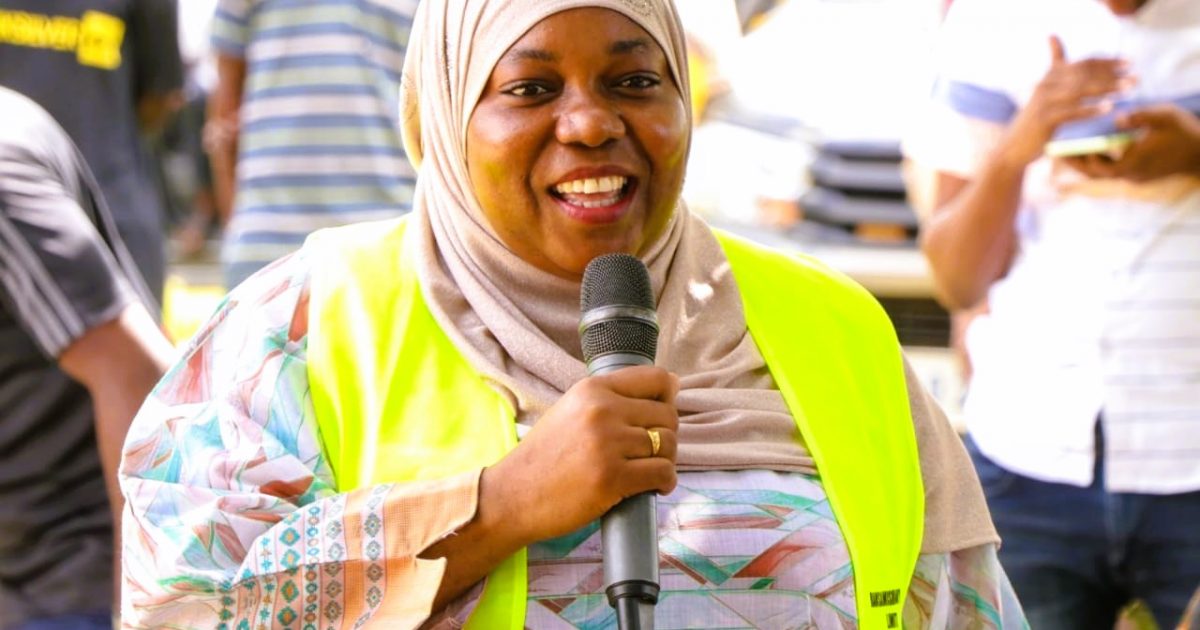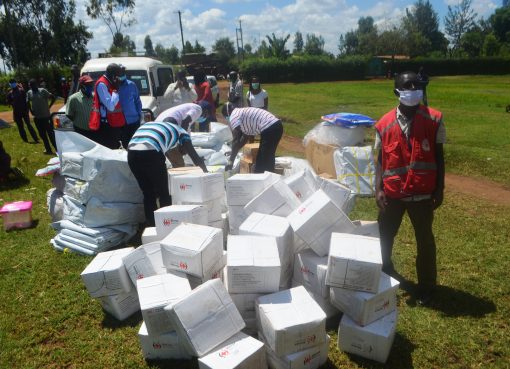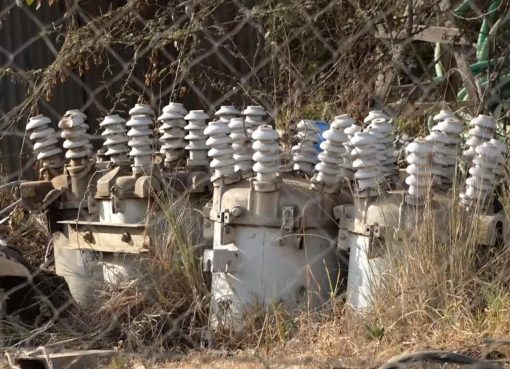Kwale county government has commenced the revitalization of the cotton industry through the construction of a model ginnery in Msambweni Sub County.
The ginnery project was initially started by Kwale based Australian mining company Base Titanium for the revival of cotton farming.
Setting up of the ginnery project was aimed at improving farming, ginning and garment production in the coastal county.
Base Titanium working closely with Kwale county government and Kwale Pamba and Viazi Cooperatives (PAVI) pumped Sh1billion to kick start the ginnery and textile project.
The PAVI cooperative, supported by the mining company, has been instrumental in the revival of the cotton sector by supporting local small scale farmers to plant the cash crop on their farms.
Base Titanium General Manager (GM), External Affairs Simon Wall in the past noted that the ginnery will support the miners’ cotton farming initiative launched by the mining firm under its community development programmes.
Mr. Wall says by ginning the cotton in Kwale, local farmers will be able to achieve better prices for their produce noting that the cultivation of the cash crop was specifically designed for the purpose of poverty reduction.
He says the Kwale Cotton Project supported by Base Titanium continues to gain traction among local farmers who are embracing cotton as an income generating crop.
The PAVI cooperative program which began with 100 farmers in 2015 has since grown to include over 3,000 farmers cultivating 2,000 acres of cotton on their farms.
Base Titanium hopes to expand the Kwale cotton programme to over 10,000 farmers in the coming years.
Governor Fatuma Achani says the project will enhance cotton production and the textile industry and raise the livelihood of local cotton farmers.
Governor Achani says the new project will focus on developing key components of the cotton value chain comprising of farming, weaving, ginning and linting of cotton.
Achani says the devolved government will make conscious efforts to ensure it harnesses opportunities in the cotton value chain as well as facilitating investment.
The Governor says cotton farmers in the past faced challenges ranging from financial constraints, low yields, lack of a sustainable market and under investment in the sector.

She says the potential in the cotton value chain in Kwale was huge and has proven to be transformative, noting that more than 3,000 small holder farmers have now taken up cotton farming.
Achani says the cotton ginnery will leverage on the agricultural potential of Kwale such as cash crops like cotton to drive socio-economic growth.
She says the new ginnery will be able to off-take the high-quality cotton produced by local cotton farmers and urged local farmers to extensively engage in cotton production.
“The county government will ensure that the local traders are given a conducive business environment in order to facilitate smooth running of their businesses as well as generating revenue for our county,” said Achani.
She stated that the construction of the ginnery was a good beginning for local cotton farmers to increase production as well as their own incomes.
Achani says the construction of the ginnery in Kinondo Ward, will give a significant advantage to the cotton farmers in the county, to sell their produce in the ginnery which will boost their economic status.
She says the devolved government has identified insufficient cotton seeds as one of the major challenges facing local farmers and pledged to change the scenario through the distribution of high yielding cotton seeds to farmers.
President William Ruto who paid a working visit to the ginnery site last week pledged Sh100 million from the national government towards the construction of the project.
He praised efforts to revive cotton production in the coastal county noting that it will create jobs in line with the national government’s industrialization drive.
The President urged stakeholders to come up with a roadmap for the revitalization of the cotton, ginners and textile sector in the country.
President Ruto says the national government is coming up with aggressive programmes to assist the growth of the textile industry in the country and enhance competitiveness.
By Hussein Abdullahi





